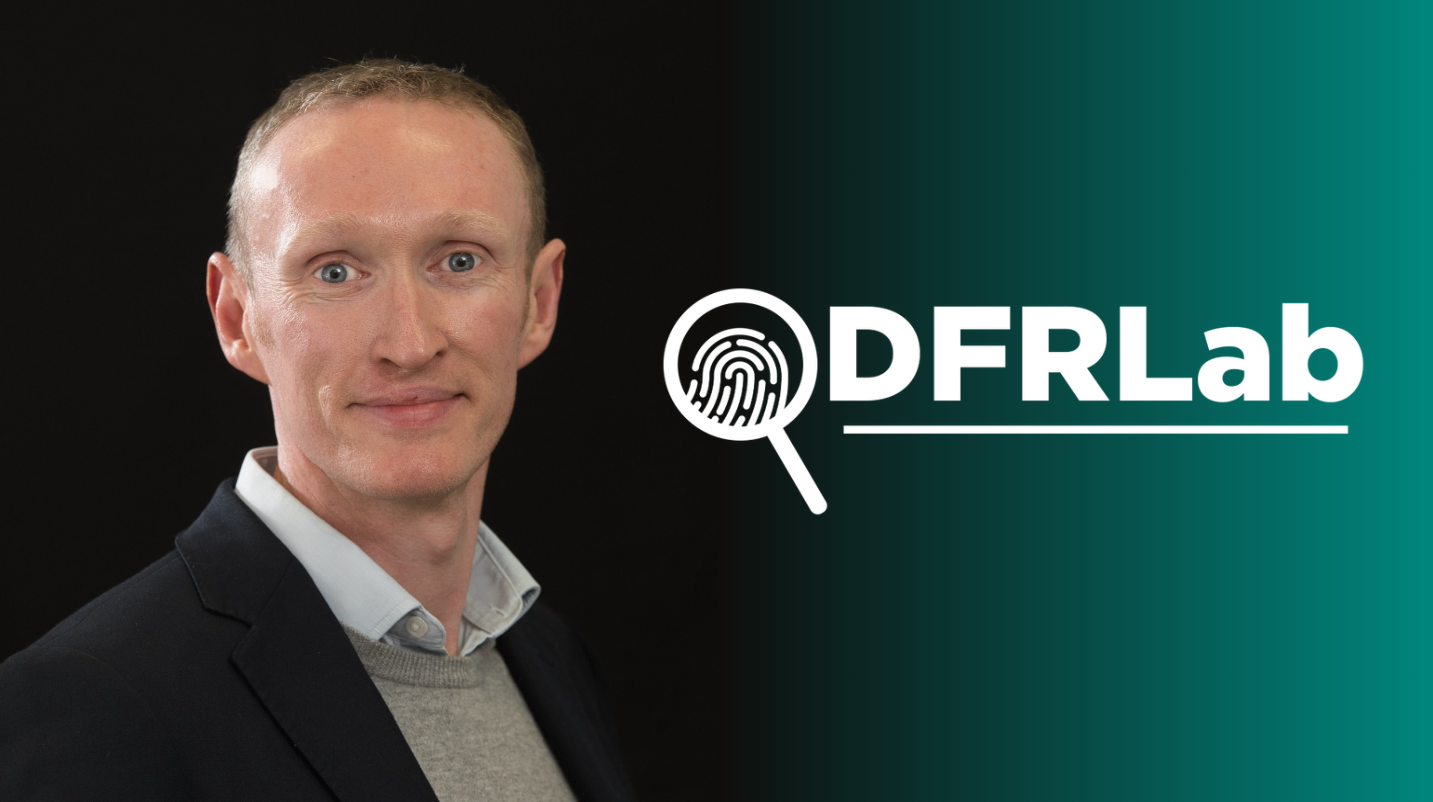Atlantic Council names Mark Scott as Senior Resident Fellow at the Digital Forensic Research Lab’s Democracy + Tech Initiative.
WASHINGTON DC — The Atlantic Council
Atlantic Council names Mark Scott as Senior Resident Fellow at the Digital Forensic Research Lab’s Democracy + Tech Initiative.

WASHINGTON DC — The Atlantic Council announced today that digital policy expert Mark Scott has joined the Council as Senior Resident Fellow at the Digital Forensic Research Lab’s Democracy + Tech Initiative.
“We couldn’t be more excited to have Mark join our team,” said Rose Jackson, Director of the Democracy + Tech Initiative. “The world is searching for ways to make technology serve our societies and not the other way around. Mark’s dogged investigation and policy expertise will allow us to supercharge our program seeking to do just that.”
As Senior Resident Fellow, Scott will expand the Democracy + Tech Initiative’s ongoing work around comparative digital policy, regulation, and governance, including its leading efforts linked to the European Union’s Digital Services Act and Digital Markets Act. He will study how to boost transparency and accountability for tech platforms globally, inform best practices for AI governance, and assist countries to develop digital policies that promote democratic values.
“Now is a crucial time, globally, for digital policy, and the DFRLab is well placed to play an important role in the years to come,” said Scott, who joined the Council staff on Sept. 2. “The team is outstanding, their work has been groundbreaking and I’m excited to join to advance a shared vision of tech policy based on democratic values.”
Scott joins the Council from POLITICO where he led the outlet’s tech coverage as its chief technology correspondent. Over the last decade, he has become a global expert on all forms of digital policy, including how social media affects democratic institutions, the potentially anticompetitive practices of dominant tech companies, the need to uphold individuals’ privacy rights in the online world and the rise of artificial intelligence’s impact on society. He has covered all Western elections and referendums, since 2016, and has an unparalleled grasp of how the online world can spill over into the offline world.
Before joining POLITICO, Scott spent almost a decade at the New York Times where he covered the aftermath of the 2008 financial crisis and the rise of Silicon Valley as a global political power. He also worked as a foreign correspondent at Bloomberg Businessweek, with a focus on green technology, macroeconomics and European politics.
Alongside his journalism career, Scott was most recently a visiting fellow at Brown University’s Information Futures Lab where he spent more than a year studying how the European Union’s social media rules should be applied to leading digital platforms. He currently sits on the international advisory board of RegulAIte, a project at the University of Amsterdam dedicated to artificial intelligence policymaking, and is a research fellow at the Centre for Digital Governance at the Hertie School in Berlin.
Scott holds a MA in International Relations and Spanish from the University of St Andrews, and an MSc in Environmental Technology from Imperial College London. He’s a fluent Spanish speaker, can get by in French and Italian, and will be based in Europe.
The Democracy + Tech Initiative brings global stakeholders together toward tech policies that reinforce, rather than undermine, open societies. Along with the Digital Forensic Research Lab, it is part of the Atlantic Council Technology Programs (ACtech). These programs work together to address geopolitical implications of technology; provide policymakers with essential and timely research, analysis and insights; and convene affected communities to address global technology challenges while ensuring its responsible advancement.
For more information visit our website here or join the #DigitalSherlocks community. For media enquiries, contact dfrlab@atlanticcouncil.org.

